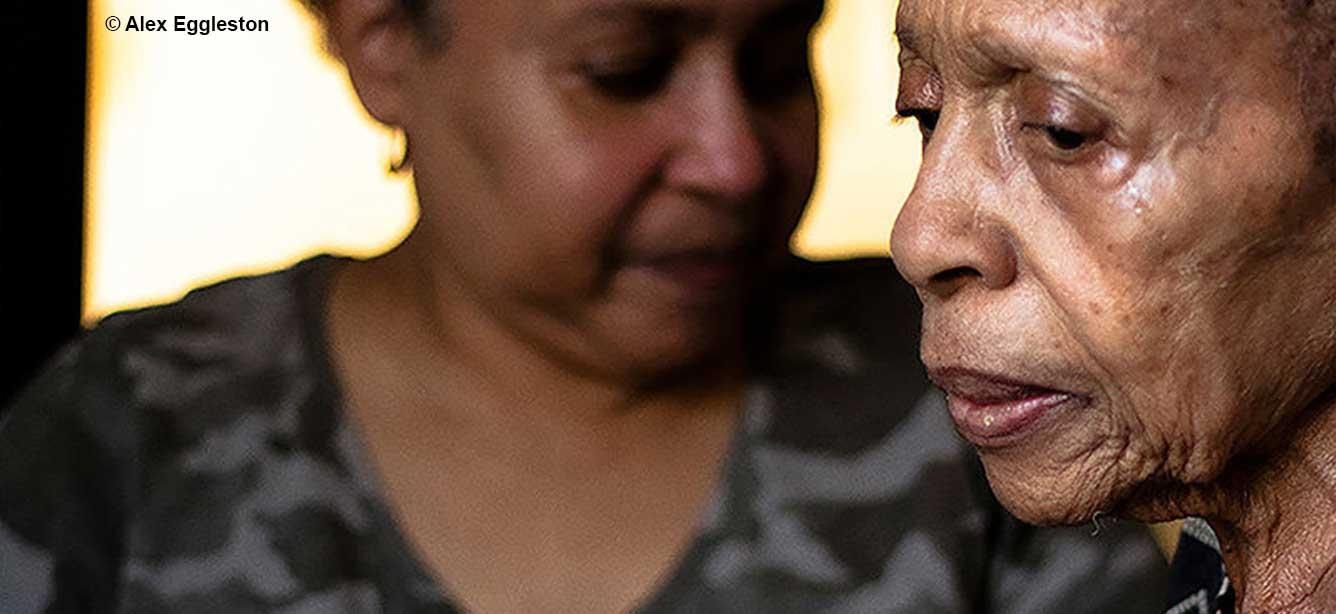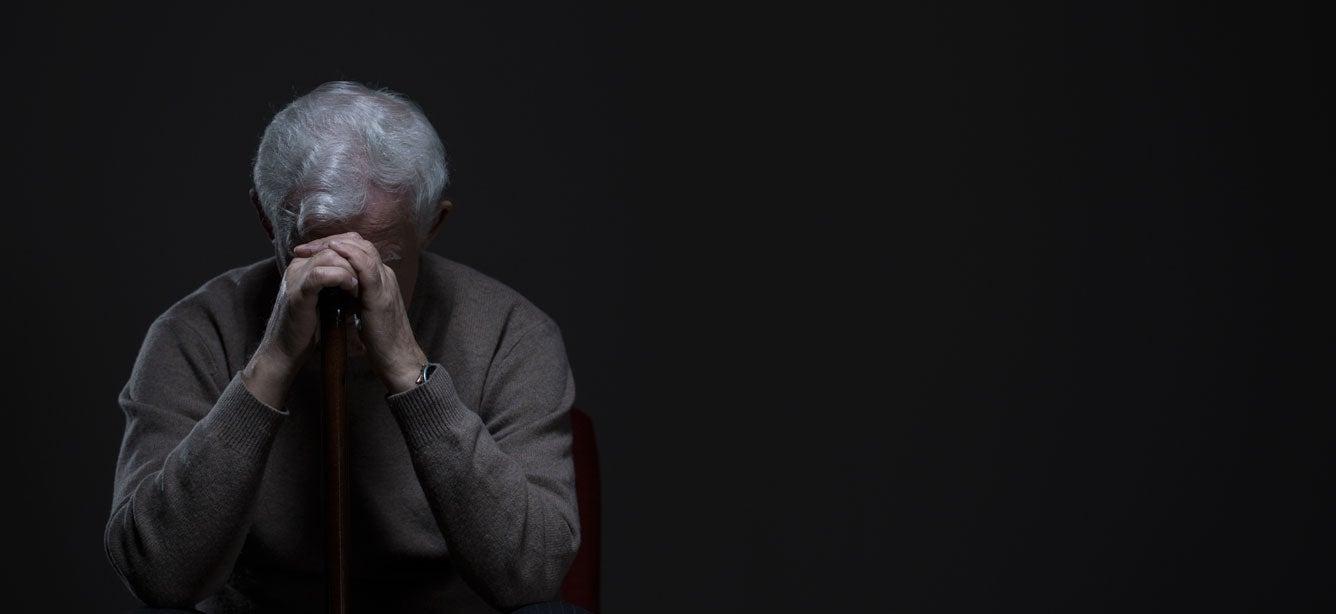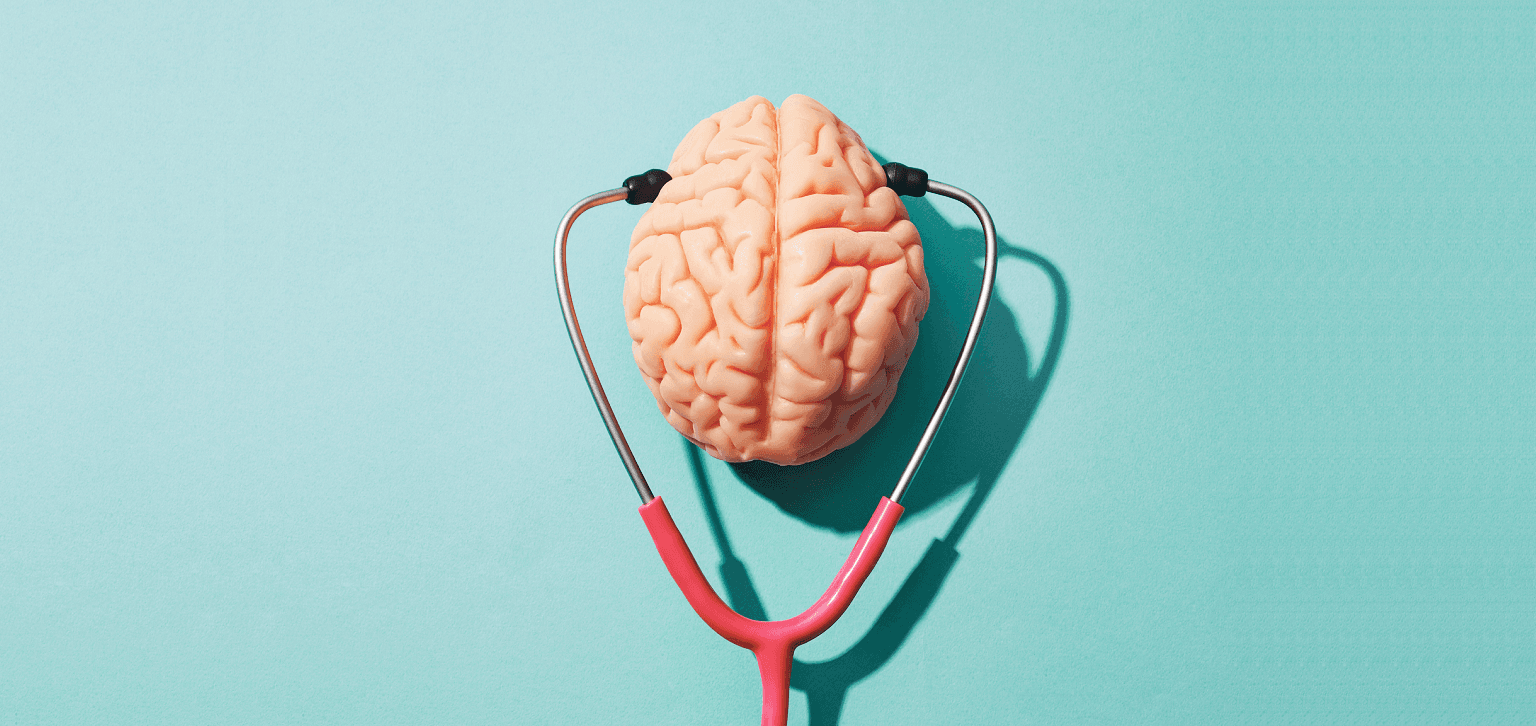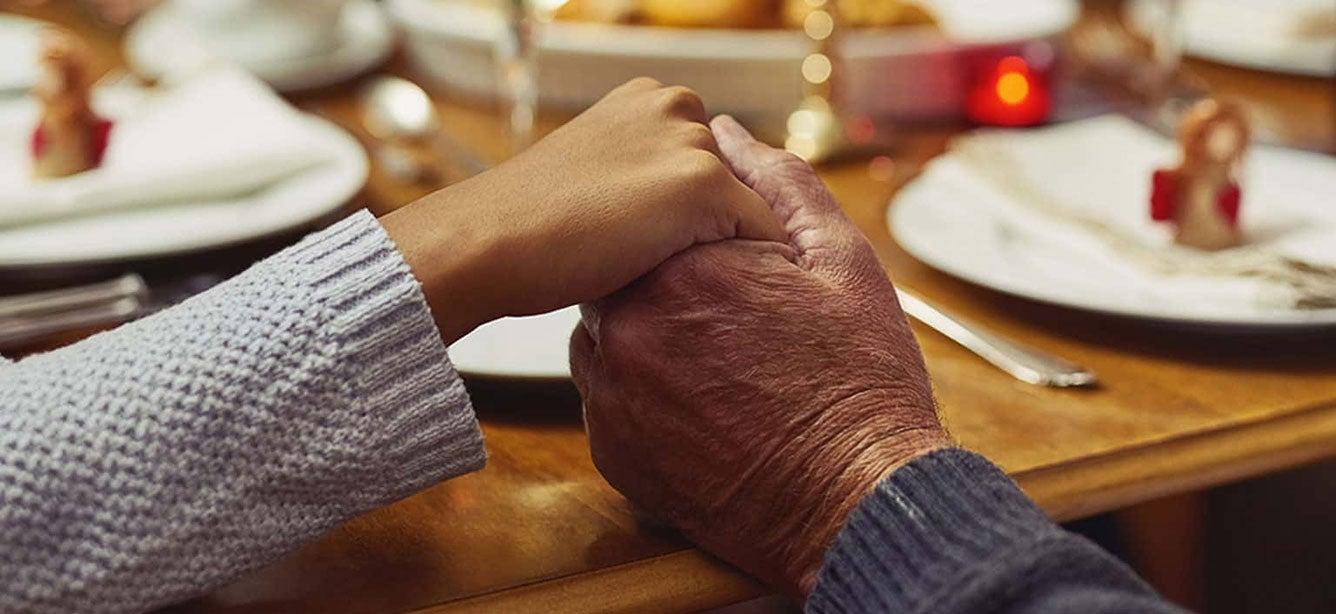There's Always Someone to Turn to: How the 988 Suicide and Crisis Lifeline Can Help
6 min read

Related Topics
If you’re feeling sad, lonely, and hopeless—and you've even thought about killing yourself—know that you are not alone. Many people, even those who seem to have everything going for them, have had feelings similar to what you're experiencing right now.
Thinking about suicide does not make you a failure or a weak person. It simply means you are in a great deal of pain. There is hope beyond that pain, and help is available when you feel you have no other options.
What should I do if I’m having suicidal thoughts?
One of the first steps to coping with an emotional crisis is to immediately tell someone else how you’re feeling. Whether it’s a trusted friend, family member, clergy member, therapist, or doctor, the simple act of “talking it out” can help relieve some of the intensity of your emotions and help you see solutions to your problems more clearly.
The person you turn to doesn’t have to be someone you know. You can dial or text 988, the Suicide & Crisis Lifeline, from your phone to speak with a counselor who is specially trained in suicide prevention. These counselors are available anytime, day or night, 365 days a year. Since its launch in 2022, the 988 lifeline has answered over 13 million calls, texts, and chat from people needing support.1
Calling 988 is also an option if you’re not feeling heard or understood by the first person you reached out to.
“While there is much more work to be done to make mental health and substance use care truly accessible, 988 is the first step in telling older adults: you are not alone, what you are feeling is real, and you deserve to feel better,” said Deb Steinberg, a health policy attorney at the Legal Action Center (LAC).
What is 988? How can a suicide prevention hotline help me?
988 is a universal dialing code created to broaden access to lifesaving suicide prevention and crisis services. It was made available to everyone across the U.S. in 2022. Dialing 988 connects people in crisis (or concerned friends, family, and caregivers) directly to the Suicide & Crisis Lifeline, where counselors provide free, unbiased, and confidential support 24 hours a day, 7 days a week. Dialing 988 is just like dialing 911 for emergency response or 411 for information services. There’s no need to dial any other digits besides those three.
Older adults who call or send a text message to 988 are put in touch with a trained counselor from the existing Suicide Prevention Lifeline network. Located in 200 crisis centers all over the country, these counselors are experienced in responding to people in emotional distress, including those with suicidal intent. Studies have shown that after talking to a Lifeline counselor, people often feel less depressed and more hopeful about their situation.
What happens when I dial 988?
You can reach the 988 Lifeline by dialing or texting 988 from any phone or smartphone. You can also talk to a counselor via online chat by visiting the National Suicide and Crisis Lifeline website. Here’s what happens when you reach out:
- When you call 988: You'll first hear an automated message that explains your options and asks you to either make a selection on your keypad or stay on hold. After doing so, you'll hear some background music as you wait for a crisis counselor to come on the line. The system is designed to connect you to a counselor who is closest to your local area. Once a counselor answers the phone, they introduce themselves and ask if you are safe. Your couselor will then listen carefully, without judgement, to what you're feeling and experiencing. Beyond providing comfort and reassurance, your counselor will offer resources that may be helpful.
- When you text 988: When you send a text to 988, you'll be given an option to connect with a live counselor, Spanish language, or Veterans Crisis Line. Typing "next" will accept the terms of service. You will then be asked to complete a brief survey to help the couselors better understand your needs. A "Wait" message will appear with an optional questionnaire. You will then be put in touch with a live counselor who will introduce themselves and ask if you are safe. They will offer empathy, support, and resources as they help you navigate your challenging situation.
- When you choose the live chat option: Visiting the live chat feature on the 988 Lifeline website will bring you to a short survey to help direct you to the most appropriate counselor for your needs. After you fill out the survey and agree to the terms of service, you will be connected with a counselor. A message on the screen will tell you how long you’ll have to wait to speak to a live counselor. If you have trouble accessing the chat feature or the wait time is too long, dial 988 instead.
In addition to offering emotional support, your 988 Lifeline counselor may connect you with resources or providers in your local community that can provide you with more help.
988 uses a newtwork of over 200 crisis centers across the U.S. and connects callers to their local center through georouting, meaning the center closest to their approximate physical location. If the wireless carrier does not have georouting active, the caller will be connected to the center closest to their area code and phone number prefix.2
"Connecting callers to the center closest to their local crisis center allows callers tos peak to someone who is familiar with their community and ensures they can access ongoing services and support close to home," says Amanda Krisher, Associate Director for Behavioral Health at NCOA.
Can I dial 988 if I’m a veteran in emotional distress?
Yes. The 988 number was created to address the needs of both veterans and non-veterans. The existing Veterans Crisis Line, which has counselors who specialize in supporting veterans, service members, and their families, will remain available. Dial 988 and then press "1" to reach the Veterans Crisis Line or dial 1-800-273-8255 and press "1." If texting is preferred, you can text 838255 to reach the Veterans Crisis Line directly. You don't have to be receiving VA benefits or health care to call the crisis line.
Will my call be reported to emergency services?
One common concern people have in calling 988 is that it may result in a non-consensual intervention by law enforcement or other first responders. Counselors are trained to use alternative options such as safety planning, collaborating with the caller's loved ones, or using mobile crisis teams. Emergency services may be contacted if the risk of harm is imminent or in progress, or safety cannot be assured.
What if I am deaf, hard of hearing, or blind?
The 988 Lifeline accommodates people with disabilities. You can dial 988 directly on a videophone. TTY users can dial 711 then 988. This will put you in touch with crisis counselors who are specially trained in working with the Deaf and Hard-of-Hearing community and can communicate in American Sign Language (ASL).
Is the 988 Lifeline available in languages other than English?
Yes. According to the Suicide & Crisis Lifeline FAQ, call, text, and chat services are available in Spanish (press "2" after dialing 988). An interpretation service is also available in 240+ languages and dialects via the 988 voice call option. This allows you to speak to a crisis counselor in your preferred language. To connect with an interpreter, dial 988 and ask for an interpreter in English (if you are able to)—or just say the name of the language you need.
When to dial 988: Warning signs to look out for
If you or an older adult you know is experiencing or showing any of the signs below, it’s important to seek help immediately by dialing or texting 988 (or texting 838255 for veterans):
Behaviors:
- Researching suicide methods (e.g., searching online or visiting a gun shop)
- Purchasing a firearm or other potential tools for self-harm
- Sleeping too much, or too little
- Behaving in a self-destructive or reckless manner
- Acting anxious or agitated
- Withdrawing from family and friends
- Extreme mood swings or rage
- Increased use of alcohol and/or drugs
Talking about:
- Wanting to die
- Feeling trapped and hopeless
- Being a burden to family and friends
- Having no reason to live anymore
No matter what, you always have someone to turn to
Sadness and depression can make you feel all alone in the world. But there are caring people who want to help you through this very difficult time, no matter what problems you’re dealing with. Open to everyone in the U.S., 988 Suicide & Crisis Lifeline provides caring, 24/7 support for people in emotional crisis. If you or an older adult you care about is struggling, dial or text 988 now to speak with a counselor.
Note: The old Lifeline phone number (1-800-273-8255) will continue to be available to people in emotional distress, even with the national launch of 988.
Sources
1. 988 Lifeline. About 988. Found on the internet at https://988lifeline.org/about/
2. U.S. Substance Abuse and Mental Health Services Administration. 988 Frequently Asked Questions. Found on the internet at https://www.samhsa.gov/mental-health/988/faqs#about-call-routing-privacy-network-functioning


